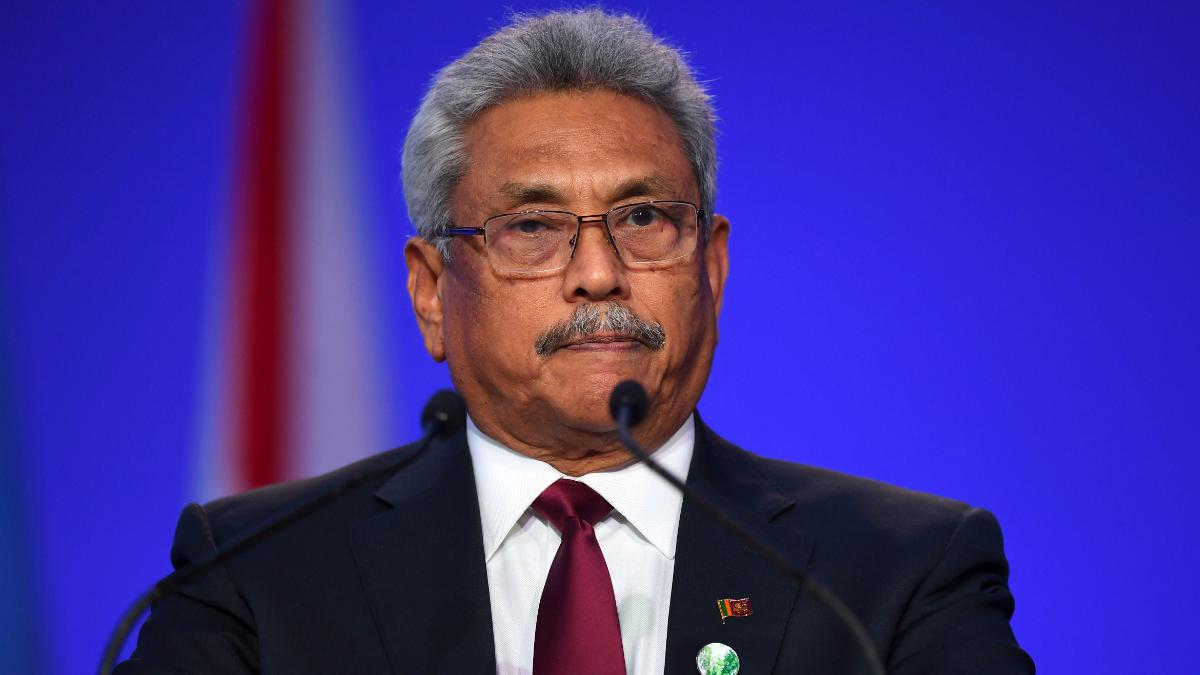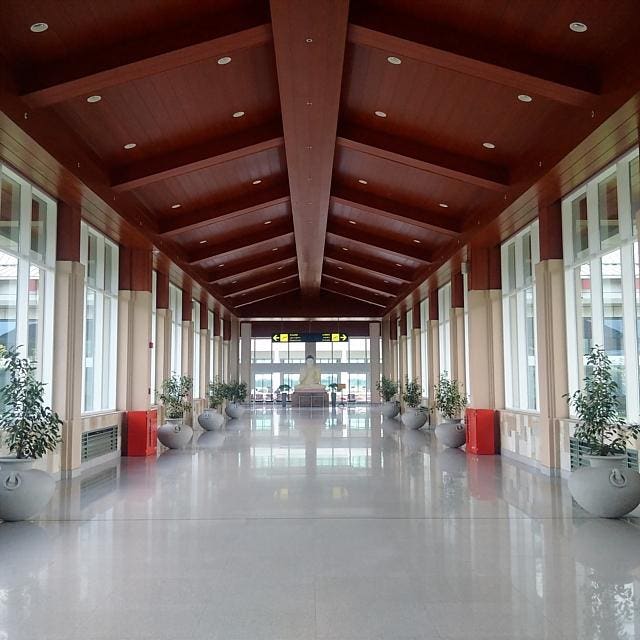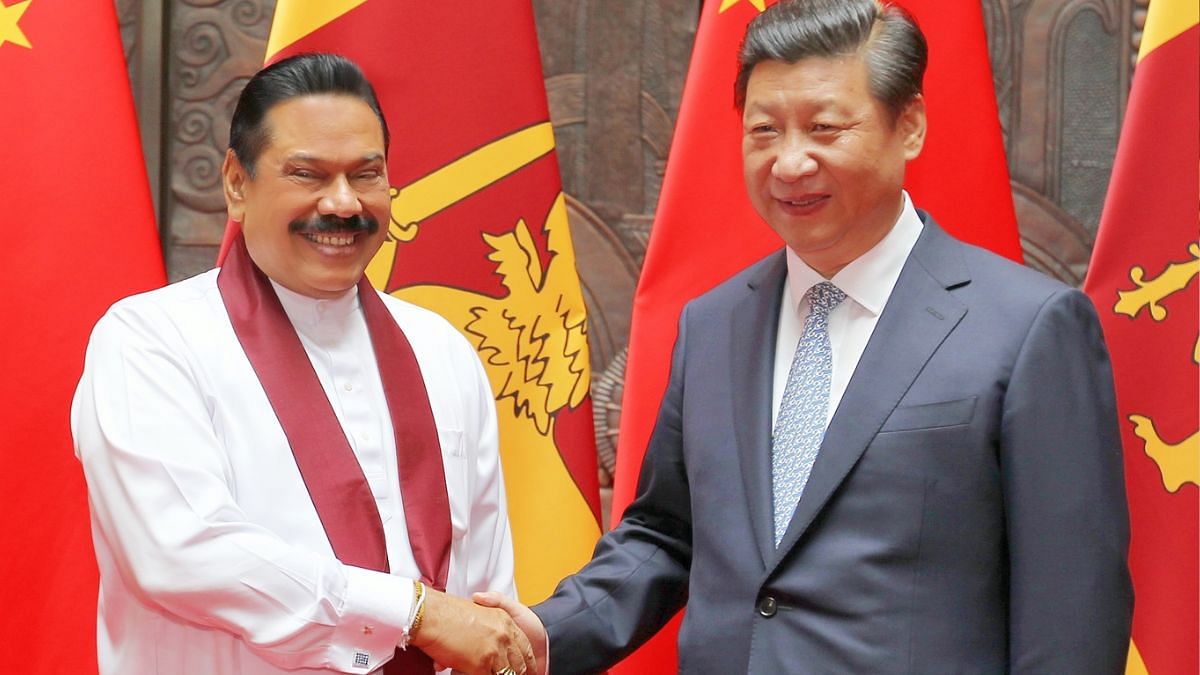nelsonoski
Regular Member
- Joined
- Mar 15, 2019
- Messages
- 23
- Likes
- 158
the word is predatory lending:
Those 47 percent market borrowings are chinese debt trap as most of these are from chinese thiefs like vivo.
Used to deflect Ching's role in this, I doubt their Chinese built infrastructure projects are covered under this, which are also debt financed
Yeah.. Japan and US forced dollars down their throats. They enjoyed the money while it rained, now the bill collector is at the door... naive or plain greedy?
- Also get to dictate foreign policy, strategic affairs and get a special chair at the end of the table facing the leader of the nation.the word is predatory lending:
-chinese funded projects do not do cost benefit analysis.
-chinese funded projects mandate projects be given to chinese companies, chinese materials, chinese labour. ineffect majority of project money goes back to china. and SL is expected to repay the same amount with interest. for a billion $ loan, china probably gets back 2.5 billion $ returns.
-chinese funded projects, if there is loan default chinese companies take over the asset under long term lease.
-chinese funded projects, some of them are non productive assets like cricket stadium and refurbishing of presidential palace.
-loan repayment terms and conditions are not known to public.
Greedy and lazy arses.Yeah.. Japan and US forced dollars down their throats. They enjoyed the money while it rained, now the bill collector is at the door... naive or plain greedy?

 www.indiatoday.in
www.indiatoday.in
No .. the 47% are their own international bonds that they raised .. A lot of foreign investors taking a cue from the usual ideological economists bought said bonds.Those 47 percent market borrowings are chinese debt trap as most of these are from chinese thiefs like vivo.
Important to keep in mind. When the govt in power represents an ideology they approve of, only then is bad economic and fiscal policy possibly the reason for such a situation. Even then the 'No true scotsman fallacy' is something that is trotted out ie 'no vro you don't understand, they didn't follow true socialism.'
No seasoned investor will invest in third countries listening to some economists. They all do their market research.No .. the 47% are their own international bonds that they raised .. A lot of foreign investors taking a cue from the usual ideological economists bought said bonds.
Their is a lot of money available with investors (especially institutional investors). Instead of parking the money they will invest throughout the world and these investors have invested peanuts in Sri Lanka compared to their other investments.The bonds kept selling even when they started issuing new bonds to pay off old ones . The pyramid scheme only collapsed because of the kung flu otherwise they could have chugged along for a few more years.
I would say combination of corruption, sycophancy, wishful thinking, incompetency, coercion and bad-luck.Yeah.. Japan and US forced dollars down their throats. They enjoyed the money while it rained, now the bill collector is at the door... naive or plain greedy?
Rajapaksa clan was happy with Chinki funded/built/supplied infrastructure because they all were getting bribes, plus it was a loan, and they could toot about these fancy roads, railways, powerplants ports whatever to prospective voters as development at no cost to them the loans could be paid off in the """future""".I would say combination of corruption, sycophancy, wishful thinking, incompetency, coercion and bad-luck.
They accepted investment to improve infrastructure (everyone does that and nothing) but they didn't do proper cost benefit analysis (sycophancy, incompetency and wishful thinking comes into play here).
They had three expectation with their infrastructure
Now we come to next part. Once you take money form PRC, PRC will bribe or coerce you take policy decision that are beneficial to PRC or Chinese companies. Sri Lanka under bribe or coercion to a series of wrong decision.
- It will increase tourism revenue (by making tourism comfortable and increase tourism outreach within Sri Lanka-by making more destination with tourist reach)
- Help increase agricultural, mining, textile and most importantly IT output. (their was an expectation that IT jobs that are generally exported to India will also flow into Sri Lanka)
- They believed that freight that goes to Chennai and to south east India will embark and disembark in Sri Lanka's port. They will collect toll to recover the cost of investment.
Once world saw what PRC is doing in Sri Lanka the world stopped paying Sri Lanka.
Finally we have COVID-19.
All this things resulted in the mess Sri Lank is in now.
The fact remains no one has the courage or interest to tell the dictator or ruling family that they are wrong.
On the first two points, are there any projects that indicate that SL Govt spent money on these things?They had three expectation with their infrastructure
- It will increase tourism revenue (by making tourism comfortable and increase tourism outreach within Sri Lanka-by making more destination with tourist reach)
- Help increase agricultural, mining, textile and most importantly IT output. (their was an expectation that IT jobs that are generally exported to India will also flow into Sri Lanka)
- They believed that freight that goes to Chennai and to south east India will embark and disembark in Sri Lanka's port. They will collect toll to recover the cost of investment.
Residential condos owned by Indocean developers Pvt Ltd, Colombo. Which in turn is promoted by South City Projects Pvt Ltd, Kolkata.any idea who owns Altair building in colombo
On the first two points, are there any projects that indicate that SL Govt spent money on these things?

All went to gota's Distt ... He apparently fled from this very airport and was initially denied landing in Maldives... Most probably call went from Delhi than only he was allowed to land in maldives... US et all have denied him VISA earlier....

Politically motivated infrastructure projects part of the reason for Sri Lanka's economic crisis
The Sri Lanka government embarked on a series of infrastructure projects, including the Hambantota Harbour and Colombo Port City. With the promise of strong revenues and a stronger foothold in the project commercial landscape, Sri Lanka took loans from other countries including China, to finance...www.cnbctv18.com
On paper their was a massive upgrade to road and rail network.
Couple of international grade airport were built needlessly.
Couple of needless port were built and capacity of some ports was increased with no need.
Colombo Port City.

 www.forbes.com
www.forbes.com

 theprint.in
theprint.in
